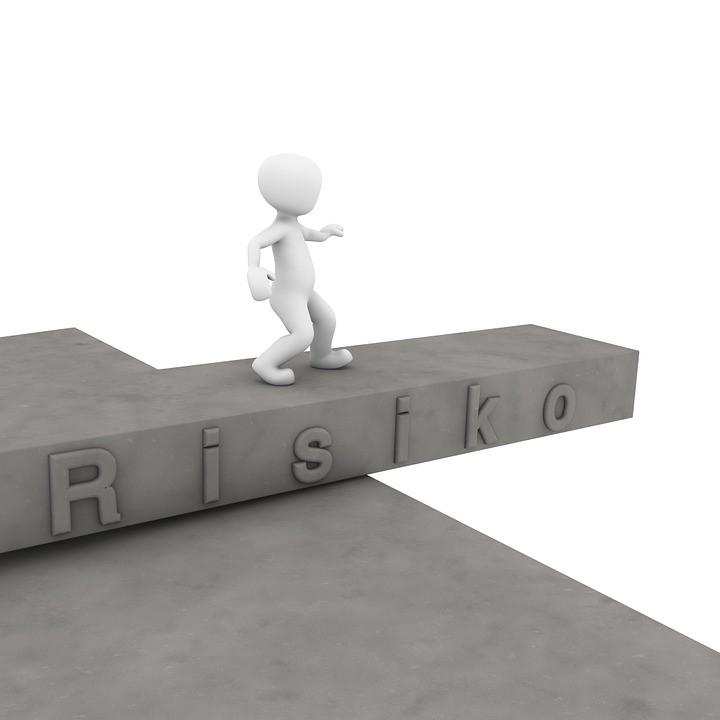Risky Situations – Which Human Hormone is Active?


Ever wondered what drives our behavior when we are exposed to a certain situation? Hormones, for no small part, govern the way our bodies respond when we are feeling a certain emotion. For the uninitiated, hormones are the chemical substances, largely secreted in the body by specific glands, which carry out various bodily functions.
In another step towards deciphering the effects of hormones on our bodies and minds, researchers from California Institute of Technology (popularly known as Caltech) have found which hormone drives the way we react when faced with risky situations. The researchers have suggested that Arginine Vasopressin (AVP), has a major role to play when it comes to our response to risky situations.
The process of evolution needed the species that survived over others to produce resistance against adverse environment or in risky situations by joining forces with its likes, thereby creating enough resistance to overcome the adversity as a result of increased strength.
Earlier research suggested that when test subjects, the likes of mice, were exposed to the neuropeptide AVP, they expressed increased inclination towards one partner only as opposed to the popular animal instinct of indulging in relationships with multiple partners. At the same time, the hormone also seemed to have induced a strong inclination towards providing safety, security and better nurturing to the subject’s offspring. However, the other side of the coin is that such an emotion of increased affection also brings about the feeling of aggression towards the potential mates of their partners.
The recent study suggests that the along with eliciting the aforementioned emotions, Vasopressin is also responsible for giving rise to the urge of collaborating, particularly in the risky situations when these collaborations are mutually beneficial.
The researchers gave intranasal doses of the neuropeptide to a group of subjects and a placebo to the other group. When the group played certain games on a computer which had an element of cooperation, those who were on the neuropeptide displayed greater likelihood to cooperate and form bonds with each other. On the other hand, those who were given placebo showed lesser likelihood to cooperate and trust others in the game.
To further strengthen the validity of the findings, when the researchers mapped the neural activity of the subjects due to AVP introduction while they cooperated with their partner in the game, they noticed significant activity in the receptor-rich part of the brain.
These behavioral patterns were not induced by the goodness of the subject’s hearts. This was confirmed when the subjects declined to give away the money that they had earned by earning points in the game. Along with its property of inducing the spirit of cooperation, it is also known to make one take on risky endeavors.
In the long run, what determines the survival of a species is its response to risk. The major factor behind the success of Homo sapiens in taking on the world is their ability to cooperate with each other in the face of risks and adversities. This study definitely puts AVP in the center of the researches carried out in this space.
.jpg)